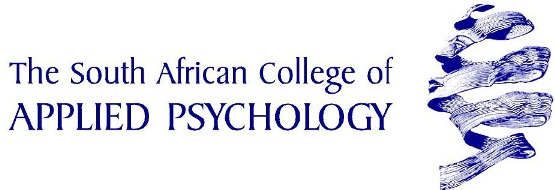Module Purpose:
This Module provides foundational knowledge, skills and capabilities for effective interpersonal communication, one-to-one and in groups. Through the study of this module students gain a broad understanding of contemporary interpersonal theory and practice and a comprehensive skills-base to work effectively and efficiently with people in a variety of contexts. Students are guided in their understanding of the factors and influences that directly and indirectly affect the interpersonal communication process. They are assessed in their application of knowledge, skills and capabilities to simulated and real-life situations throughout the duration of the module. Emphasis within the Module is placed on students acquiring and applying interpersonal skills to address complex interpersonal situations and to work within a variety of contexts as an effective, conscious and confident interpersonal communicator.
Module Content:
In this module students learn to understand and apply the skills of effective communication in a wide variety of contexts and situations. The curriculum covers self-awareness, personal and interpersonal power, attitude, values and perception of emotional and intellectual intelligence, dealing with difference and the skills of working together in teams. This module provides a solid foundation for counselling, together with indispensable skills for dynamic interpersonal relationships.
- Interpersonal skills and effective communication: elements in the communication process, types of interpersonal communication, and barriers to effective communication
Attitudes, values and perception in communication: communication barriers as a result of attitudes, values and perceptions, self-awareness of communication skills, strategies for overcoming barriers - Effects of behaviour on interpersonal communication: self-esteem, defensive/passive-aggressive/assertive types of behaviour, dynamics of interpersonal behaviour
- Communication skills: power and empowerment, distinguishing between assertiveness and aggressiveness, the contexts for assertiveness skills, and strategies for using assertiveness skills
- Interpersonal skills in workplace teams: team goals and problem solving, negotiation Skills, and the application of guidance and feedback
- Helping relationships: defining and maintaining a helping relationship, client evaluation of the helping relationship, responding to client feedback, valuing clients, dealing with difficult clients/customers, handling complaints
Learning Outcomes:
The learner will be able to:
- Explain and demonstrate effective Interpersonal Skills as part of a communication process
- Identify and analyse the significance of attitudes, values and perceptions in Interpersonal Communication
- Demonstrate and evaluate a range of Interpersonal Communication skill
- Participate in, guide and facilitate work groups


No comments:
Post a Comment
Note: Only a member of this blog may post a comment.